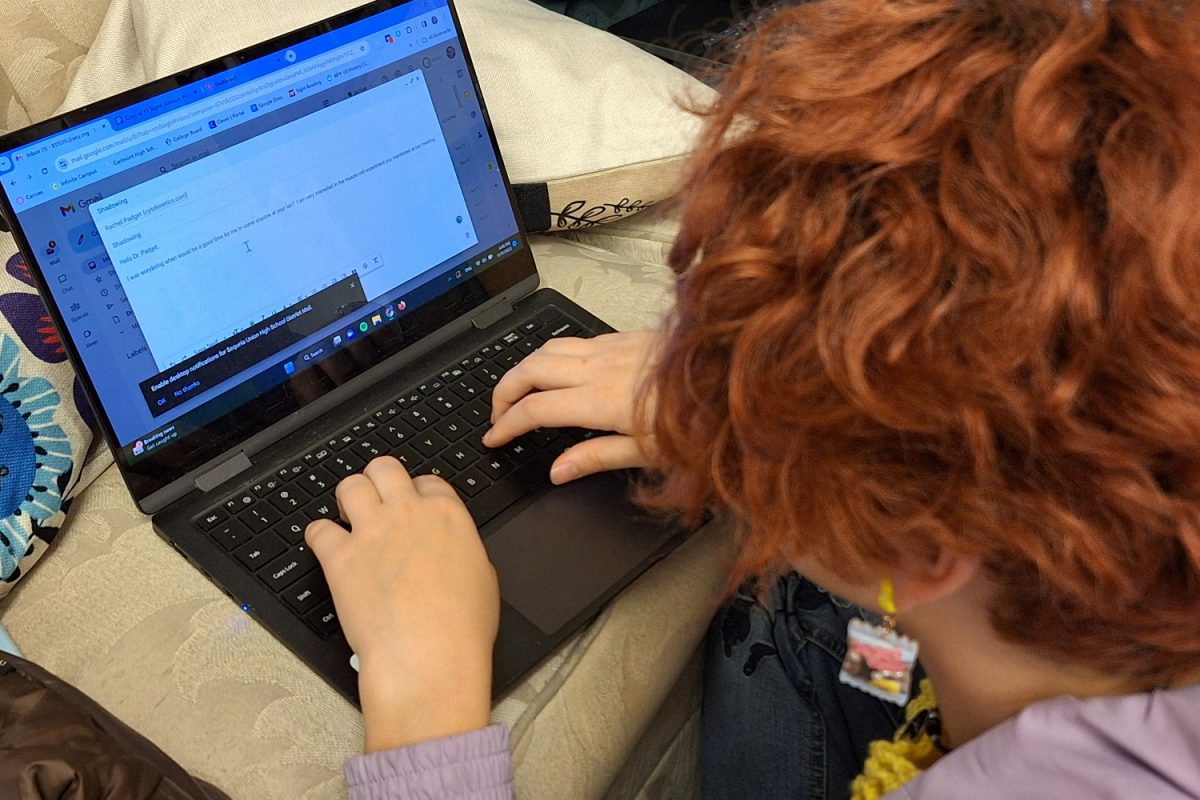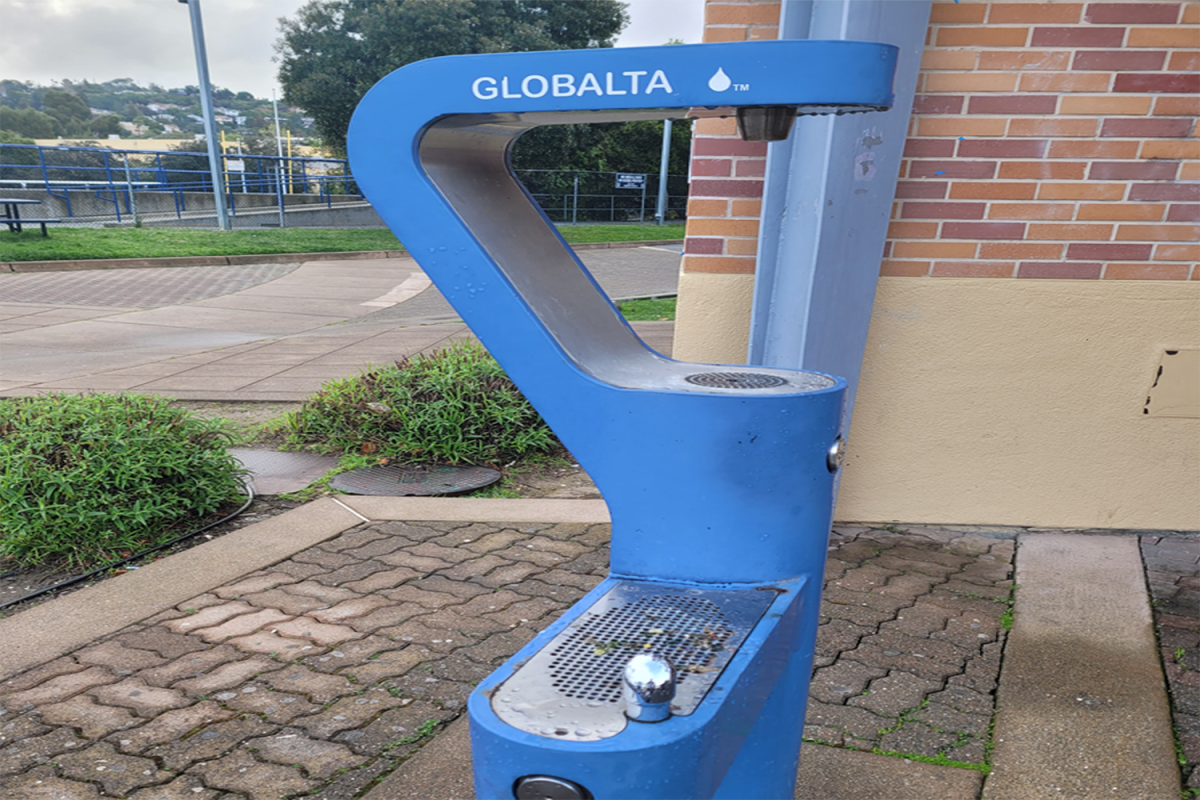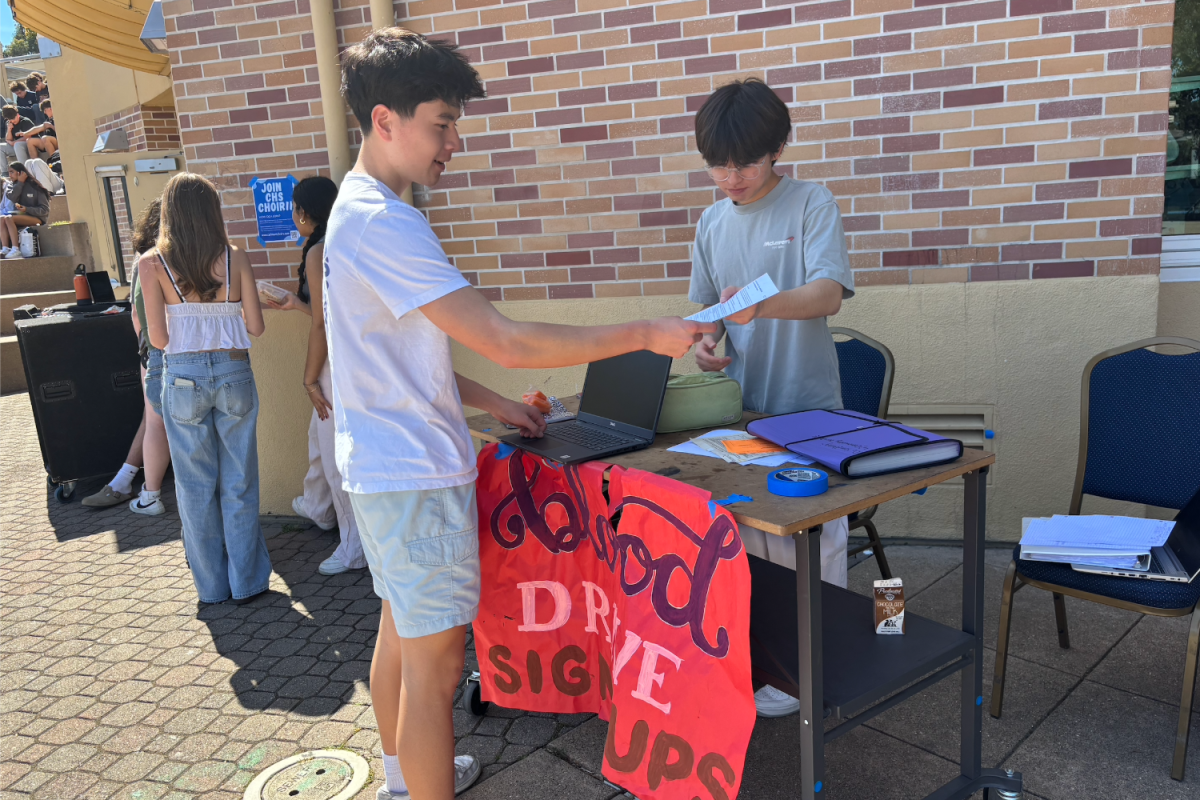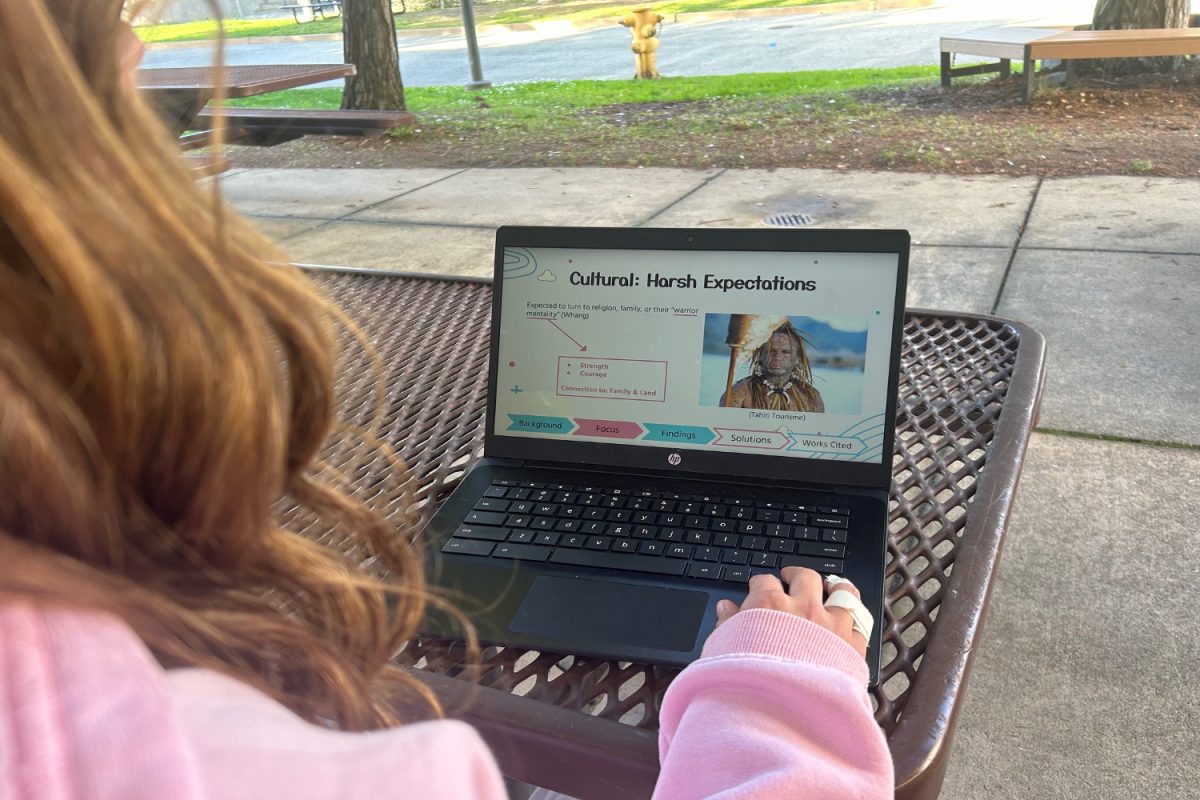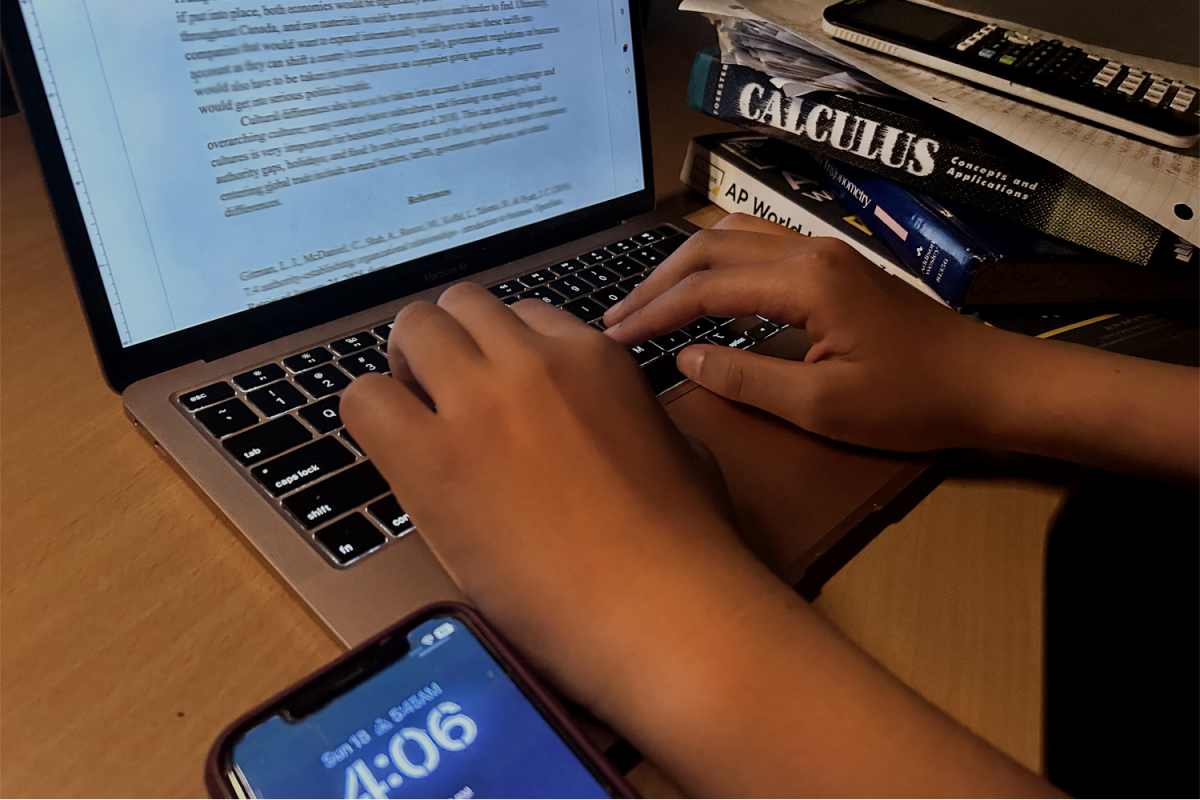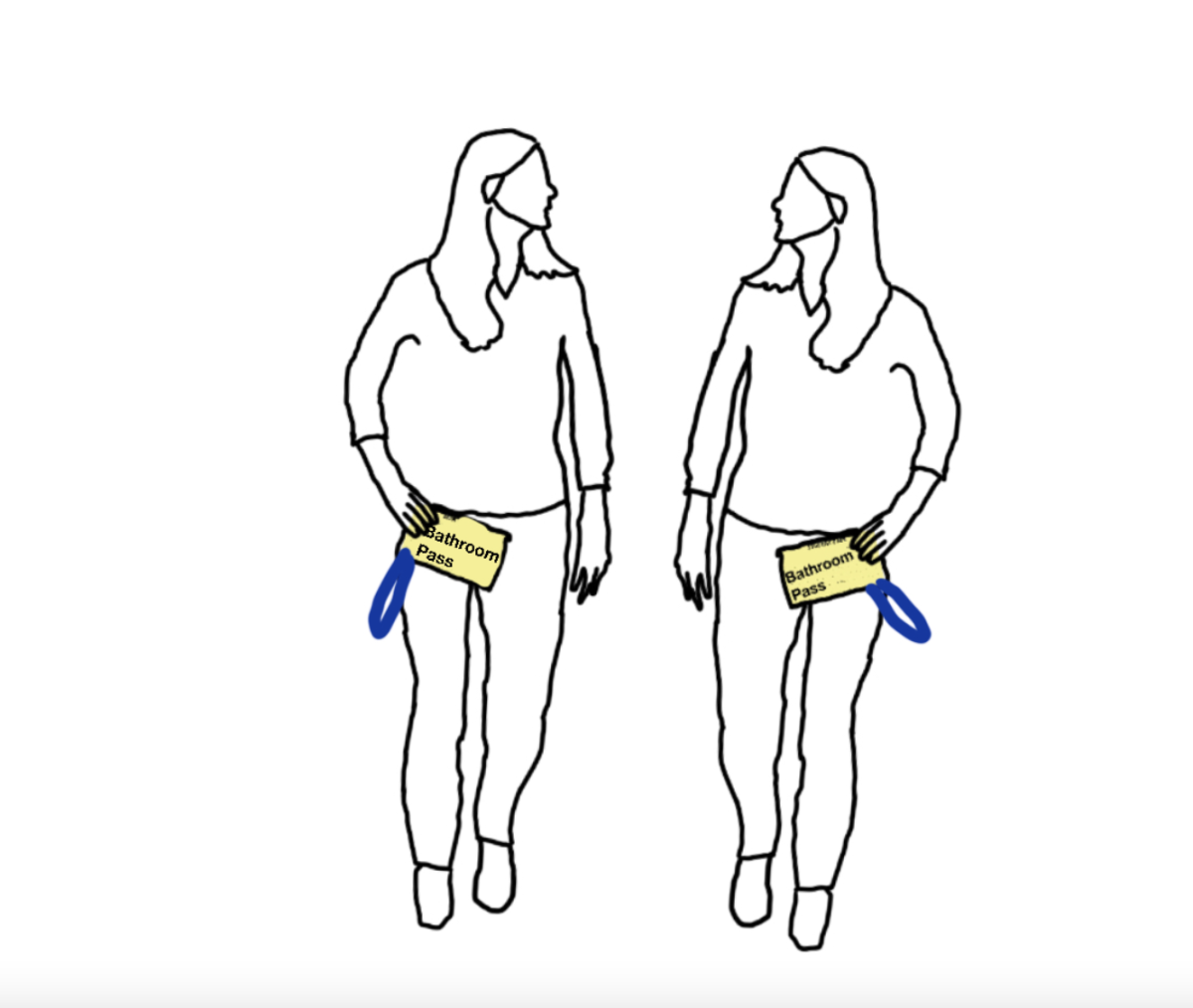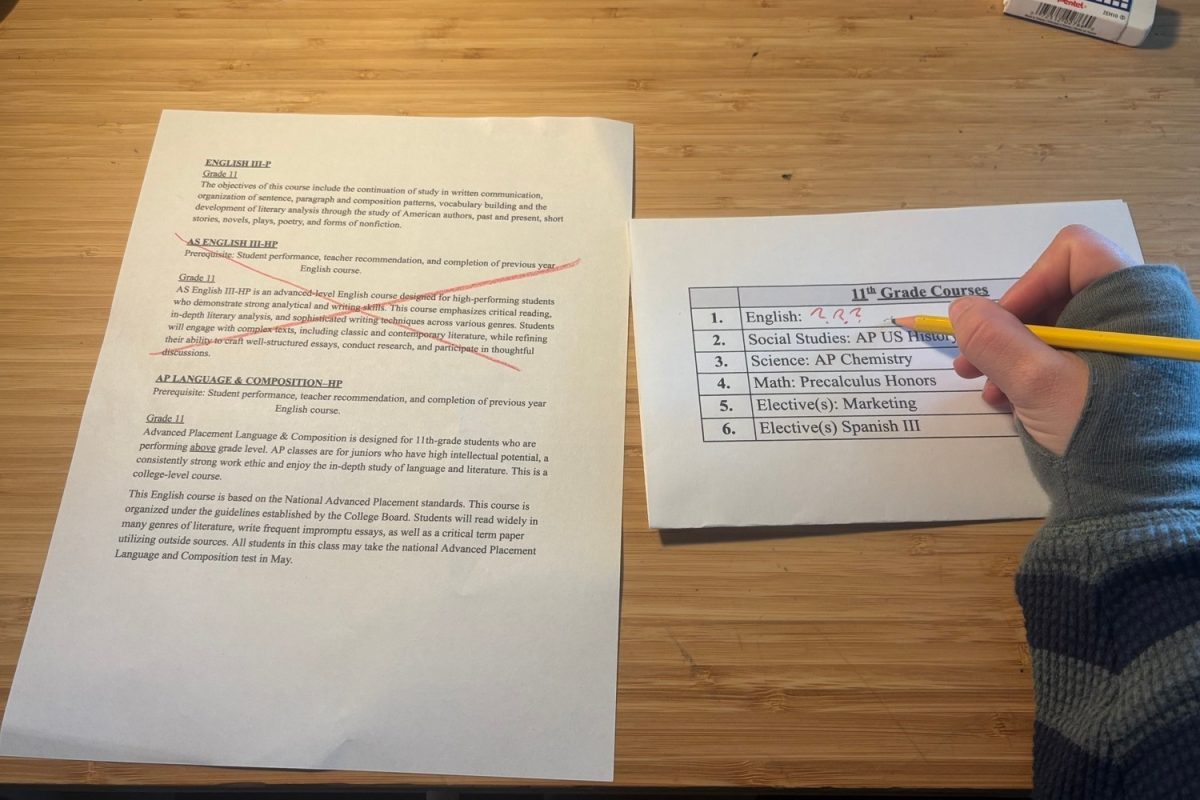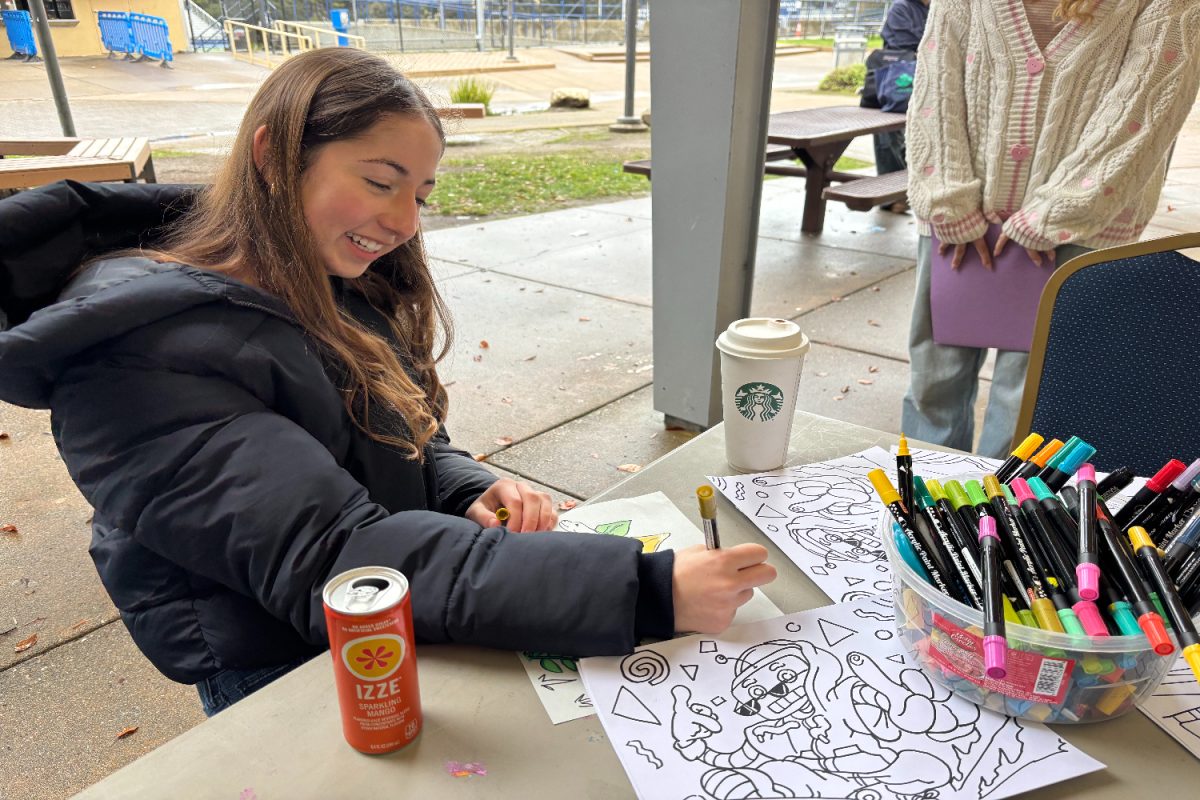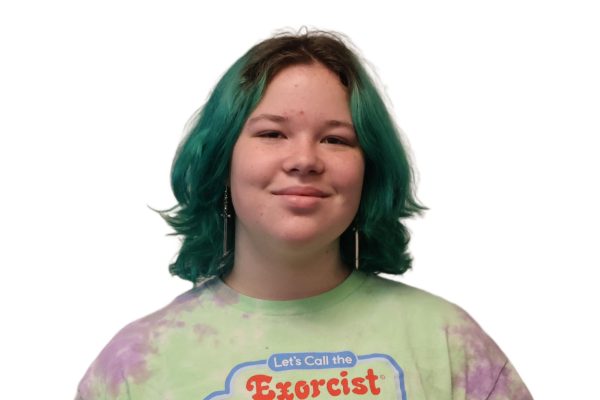High school is stressful. With school, extracurriculars, and college looming on the horizon, many students could benefit from a helping hand — someone to help guide them as they approach their future careers. For some students, the Carlmont Biotechnology Institute (BTI) mentorship program offers just that.
The mentorship program is a staple of BTI’s offerings. According to Lindsey Moynihan, the leader of the mentorship program and a history teacher at Carlmont, the mentor program is a major incentive for students who are on the fence about whether or not to join the BTI pathway.
The program is set up in junior year, where students fill out a personality test, and then Moynihan and other BTI teachers pair the students with a mentor to work with for the rest of their high school career. While this process is intimidating to many, it has worked well for most students as they are paired with people who have interests similar to their own.
“I expected it to be a lot more awkward than it actually was,” said Zoe Banner-Haimes, a junior in the BTI program. “My mentor and I got along very well, and it was easy to talk to her because we both share a passion for science. I felt genuinely interested in her job.”
Banner-Haimes has been working with her mentor, Rachel Padget, since November of this year. So far, the two have met in person multiple times and correspond regularly over Zoom and email. According to Banner-Haimes, Padget’s guidance on college and finding a career path has been enlightening and encouraging.
“Meeting with her made me feel much less stressed about going to college,” Banner-Haimes said. “She spent a lot of time in school figuring out what she wanted to do as a job, and hearing that helped give me a more realistic view of my future. I realized that I don’t need to have everything figured out right away.”
This is also Padget’s first year as a mentor and her first year working in biotechnology. Previously, Padget worked in academia, but since this September, she has worked as a researcher, developing therapies for muscle diseases at Cytokinetics, a Bay Area biotechnology company.
“When you’re in high school, there’s so much time ahead, and there shouldn’t be any pressure. I didn’t know I wanted to pursue science as a career until the end of my undergraduate career,” Padget said. “You have to understand that even if you don’t know what you want to do now, you should just go in enthusiastically and keep an open mind as you progress with your career.”
In addition to providing guidance and assistance throughout their high school career, the program is also meant to give a boost to students after they graduate. According to Moynihan, students develop soft skills throughout the year, such as email writing and conducting themselves professionally. They also have opportunities to learn how to build a resume, practice mock interviews and elevator pitches, and, in some cases, acquire internships through their connections.
“It’s giving students someone they can rely on for questions and advice, and then also providing them with a foundation for networking and professional conduct, which are important skills, whether they go into biotechnology or any other field,” Moynihan said.

